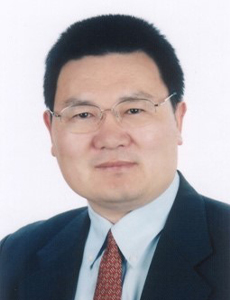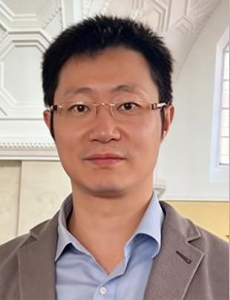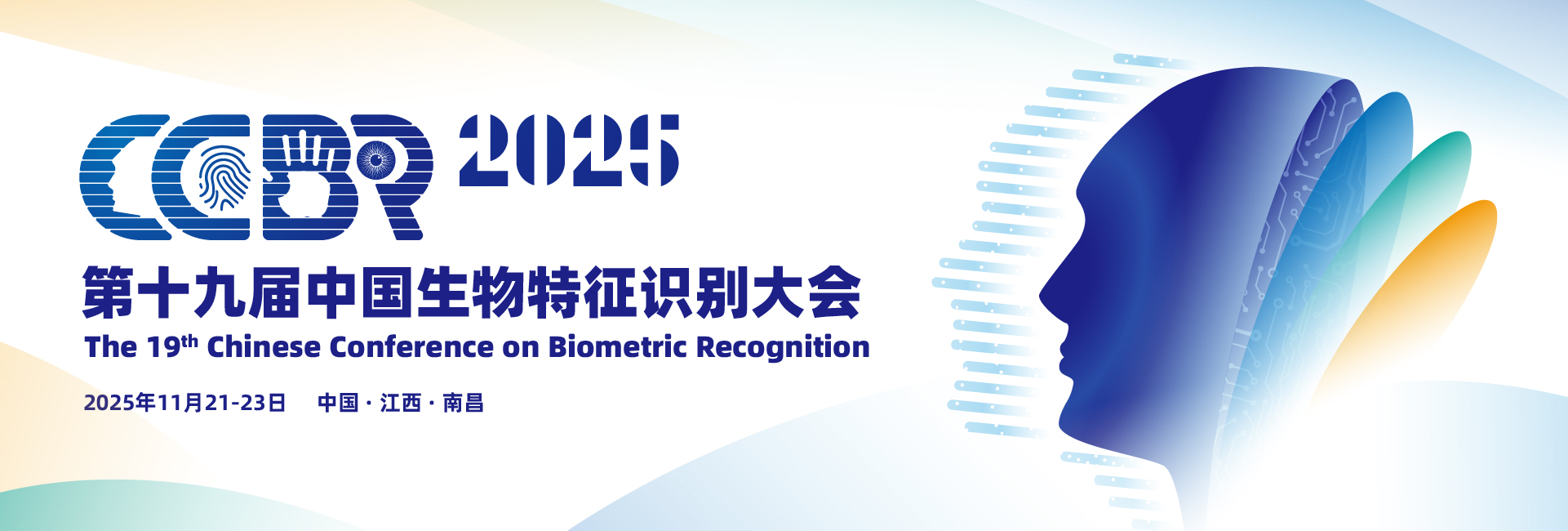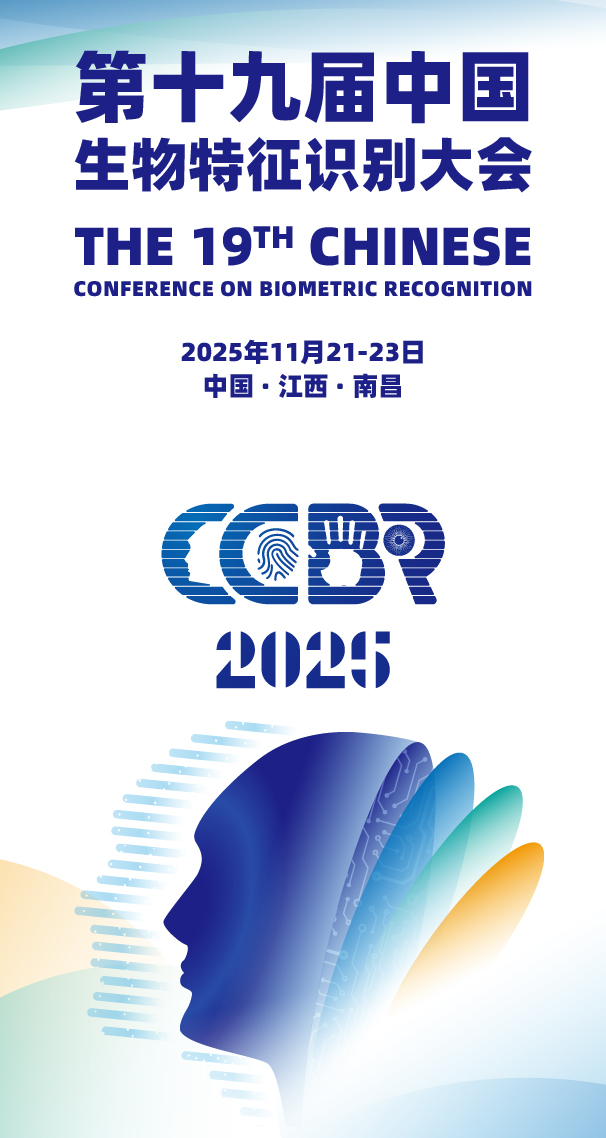Ajay Kumar
香港理工大学教授
简介:
Ajay Kumar is currently a Professor in the Department of Data Science and Artificial Intelligence at The Hong Kong Polytechnic University. He received a B.Eng. degree (with first position in the class), an M.Eng., and a Ph.D. degree from The University of Hong Kong, Hong Kong, in 2001. He had previously worked as an Assistant Professor in the Department of Electrical Engineering at the Indian Institute of Technology Delhi, India, from 2005 to 2007. His current research interests include biometrics with an emphasis on contactless hand biometrics, vascular biometrics, iris recognition, and multimodal biometrics. He holds seven U.S. patents and has authored a book on Contactless 3D Fingerprint Identification. He holds seven U.S. Patents and has authored two books: Contactless 3D Fingerprint Identification (2018) and Iris and Periocular Recognition using Deep Learning (2024). He has served the IEEE Biometrics Council as its President (2021-2022) and as the Vice President for Publications (2011-2015). He served on the Editorial Board of the IEEE Transactions on Information Forensics and Security (2010-2013) and the IEEE Transactions on Biometrics, Behavior, and Identity Sciences (2018-2020). He has served as Area Chair for several international conferences, including CVPR, ICCV, and ECCV. He has served on the program committees and organizing committee of several international conferences in the field of his research interest. He was also the Program Chair for CVPR 2013-2024 Biometrics Workshops, ICEB 2010 (Hong Kong), and Program Co-Chair for IJCB 2011 (Washington, DC), ICB 2013 (Madrid). He has also served as the General Chair of WIFS 2018 (Hong Kong) and as the General Co-Chair of IJCB 2014 (Tampa) and ISBA 2015 (Hong Kong). Prof. Kumar is a Fellow of IAPR (since 2016), Fellow of IEEE (since 2018), recipient of ‘Faculty Award in 2018 for Outstanding Achievement in Research and Scholarly Activities’, and President’s Award in 2012 for ‘Excellent Performance in Research and Scholarly Activities (Team) in PolyU. He is currently serving on the Editorial Board of the IEEE Transactions on Pattern Analysis and Machine Intelligence (2020-2025).
报告题目:Over 20 Years in the Crease: Advancing Finger Knuckle Biometrics from Theory to Courtroom Proof
报告摘要:For over two decades, finger knuckle patterns (dorsal creases) have been nature's genetic signature and have held immense promise for biometric identification. However, manual analysis of these patterns is overwhelmed by the millions of images and videos, and current automated methods fail to detect or match them effectively, hindering investigations in child abuse, surveillance, and mobile security. This talk addresses this critical gap by introducing a fully automated system for real-time knuckle pattern detection and matching. I will also present the first theoretical model to scientifically quantify the distinctiveness of 2D knuckle patterns. This provides forensic examiners with interpretable, court-defensible evidence of uniqueness. This talk will explore such advances and the future of automated knuckle biometrics in accelerating justice.








有限公司.jpg)























